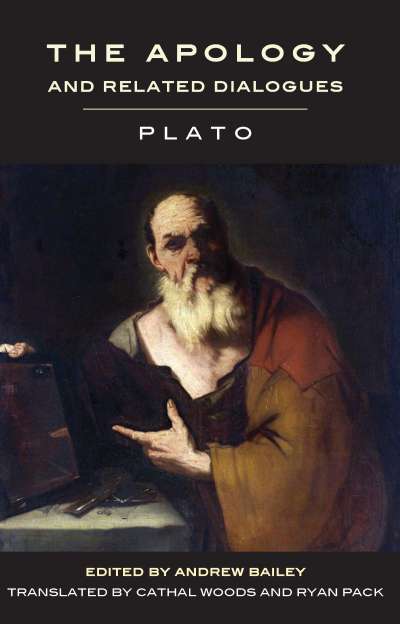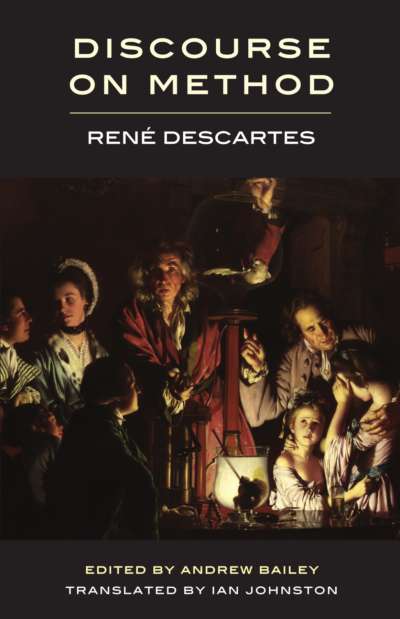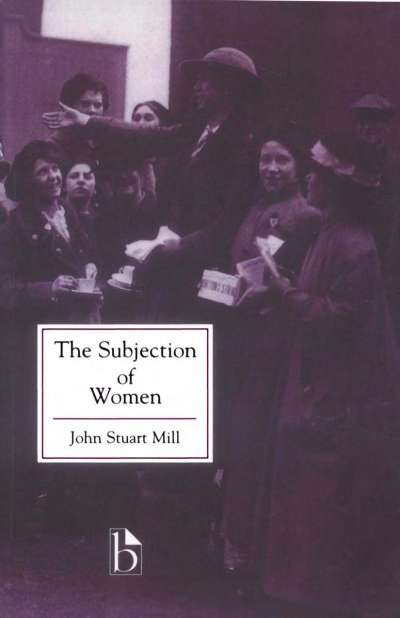John Stuart Mill’s Utilitarianism is a philosophical defense of utilitarianism, a moral theory stating that right actions are those that tend to promote overall happiness. The essay first appeared as a series of articles published in Fraser’s Magazine in 1861; the articles were collected and reprinted as a single book in 1863. Mill discusses utilitarianism in some of his other works, including On Liberty and The Subjection of Women, but Utilitarianism contains his only sustained defence of the theory.
In this Broadview Edition, Colin Heydt provides a substantial introduction that will enable readers to understand better the polemical context for Utilitarianism. Heydt shows, for example, how Mill’s moral philosophy grew out of political engagement, rather than exclusively out of a speculative interest in determining the nature of morality. Appendices include precedents to Mill’s work, reactions to Utilitarianism, and related writings by Mill.
Please note: Broadview offers two separate editions of Utilitarianism. The Heydt edition offers a substantial amount of appendix material, including excerpts from related works by Mill, precedents to Mill’s writing, and critical reactions to Utilitarianism, well-suited to an in-depth study of the text. The Bailey edition is shorter and slightly less expensive, and includes an introduction focused on Mill’s biography and contextual information for the student reader (as well as a single appendix from the writing of Jeremy Bentham).
Comments
“Because Utilitarianism is a work of enduring value, it is easy to forget that Mill meant for it to be a topical and relevant contribution to the moral debates of his time. In this edition of Mill’s essay, Colin Heydt situates the work in its historical context by supplementing the text of the essay with appendices containing excerpts of related works by Mill’s predecessors, Mill himself, and prominent critics of his views. The historical richness of this edition of Utilitarianism would surely have pleased Mill, and will surely benefit today’s readers.” — Ben Eggleston, University of Kansas
“Colin Heydt has made judicious choices about what additional readings to place alongside Utilitarianism itself. In addition, his clearly written introduction paints a very plausible and attractive portrait of Mill as a committed moral reformer, albeit one who recognized that the improvement of the received morality must proceed incrementally. This volume is well suited both for introducing Mill to students and as a resource for scholars who would like to have the most pertinent texts in easy reach.” — Dale E. Miller, Old Dominion University













